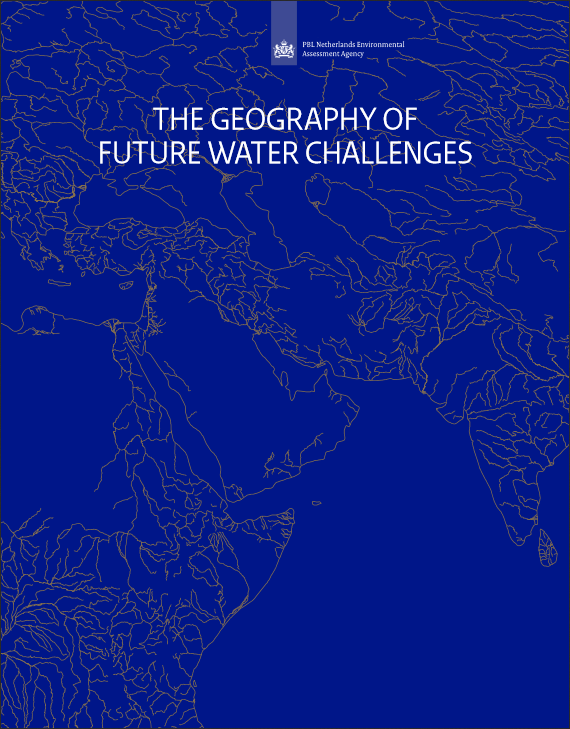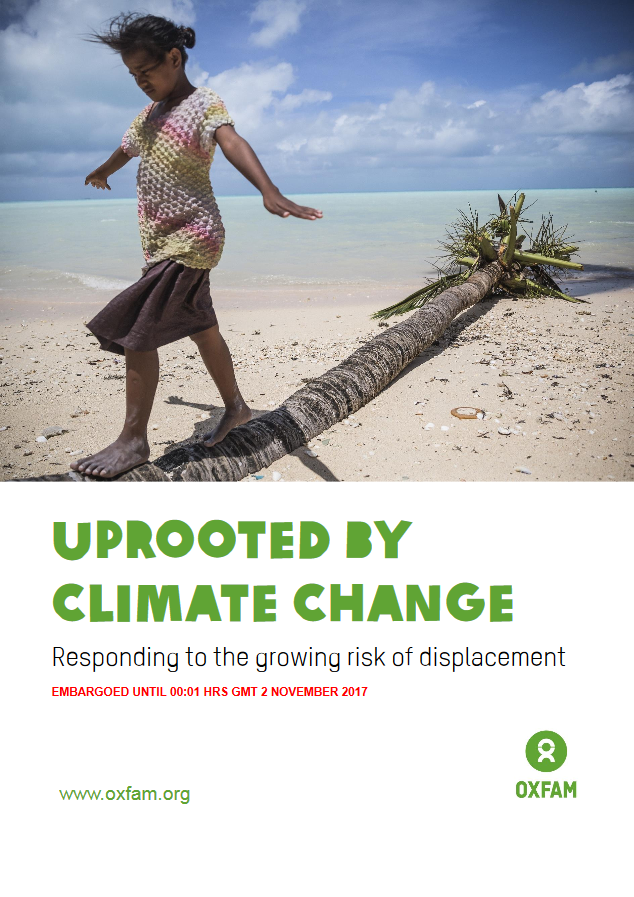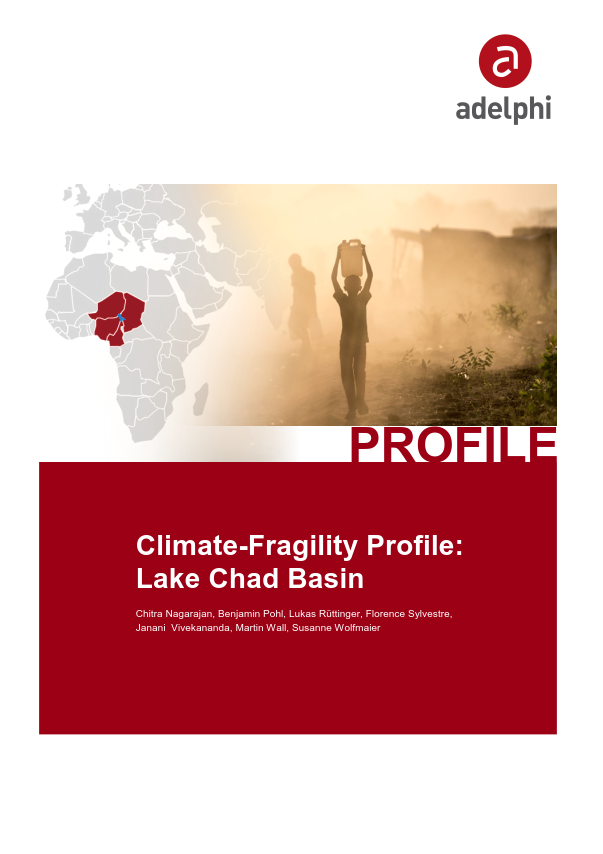Quality Labels as Drivers of Peri-Urban Livestock Systems Resilience
Livestock farming systems have an important role in the territorial systems of the Mediterranean, but in the last twenty years the sector has undergone serious changes with an important decrease in the number of farms. The purpose of this study is to show the contribution of a local food certification to the resilience of peri-urban livestock farming system and of its food supply chain at territorial level.









